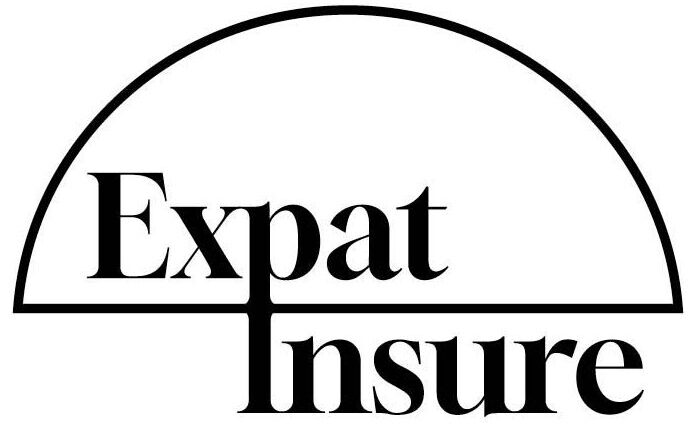Thoughts for Expats
Stress is an inevitable part of life, but for expats, it can often feel like it\’s on a different level. With a new culture and its unfamiliar systems, is it any surprise expats encounter so many sources of stress that can take a toll on their well-being? But in order to deal with stress, we have to understand what causes stress. In this blog, we\’ll explore the main causes of stress for expats and offer tips on how to handle these pressures, so you can thrive in your new environment.
Culture Shock
Culture shock is a killer – and probably the primary source of stress for expats. The unfamiliar customs, social norms, and different ways of living can feel overwhelming, leading to feelings of disorientation and frustration. Language barriers amplify this stress, making even simple tasks like grocery shopping or navigating public transportation more challenging – and even when they start to feel straightforward, you realize that speaking a foreign langauge is tiring. Understanding and accepting these cultural differences takes time, and the pressure to fit in or quickly adapt can create additional anxiety. What helps with this is recognizing that culture shock is a normal part of the expat experience, and finding ways to gradually immerse yourself in the local culture while also giving yourself space to adjust at your own pace.
Work-Related Stress
Work can be a significant source of stress for anyone, especially when dealing with the expectations and dynamics of a new workplace, but this is heightened when an expat. Adapting to different communication styles, performance standards, and cultural attitudes toward work-life balance can feel overwhelming. And, in addition, job insecurity fears are heighted, particularly if your position is tied to a work visa or temporary contract. Balancing professional demands with the personal adjustments of living in a new country can lead to burnout. Learning to set boundaries and communicating openly with colleagues can help ease this pressure, however, as can finding ways to unwind and maintain a healthy work-life balance.
Homesickness and Social Isolation
Most expats also struggle with homesickness or social isolation. This is completely normal, and, unfortunately, the feeling of homesickness can be strong, particularly during holidays or significant life events. Forming new friendships in an unfamiliar place can also be challenging, leading to feelings of loneliness and social isolation. Without a support network, expats may struggle to find emotional outlets or people to turn to when facing difficulties. Building new relationships takes time, but it\’s important to be patient and proactive while joining local groups, participating in community events, or connecting with other expats who understand the challenges of living abroad – because this is how you can counter homesickness and feeling isolated socially.
Financial Pressures
Yet another stressor felt at home but heightened when abroad, managing finances in a foreign country can be stressful, especially when dealing with currency exchange, fluctuating costs of living, or understanding local tax regulations. Unexpected expenses, such as medical bills or housing repairs, can strain an expat\’s budget, adding to the overall stress of adjusting to a new environment. Navigating unfamiliar financial systems, including setting up bank accounts or dealing with insurance, can also be daunting. Planning ahead by researching the local cost of living, maintaining a budget, and building an emergency fund can help reduce financial anxiety and give you peace of mind, as well as investing in insurance in case things go wrong.
Local Systems and Bureaucracy
Dealing with local bureaucracy can be one of the most frustrating sources of stress for expats. The process of securing visas, setting up healthcare, or fulfilling legal requirements can involve complex paperwork, long wait times, and language barriers. Understanding local processes for things like housing, utilities, and education can be equally challenging, especially when procedures differ greatly from what you\’re used to back home. This unfamiliarity can create feelings of confusion and anxiety. To manage this stress, it helps to stay organized, seek advice from fellow expats or local experts, and take one step at a time when navigating these systems.
Naturally, stress stems from many areas of expat life, but by recognizing the sources, you can develop strategies to manage and reduce its impact. With the right mindset and support systems in place, you\’ll be better equipped to handle the ups and downs of expat life and enjoy your experience abroad more fully.


